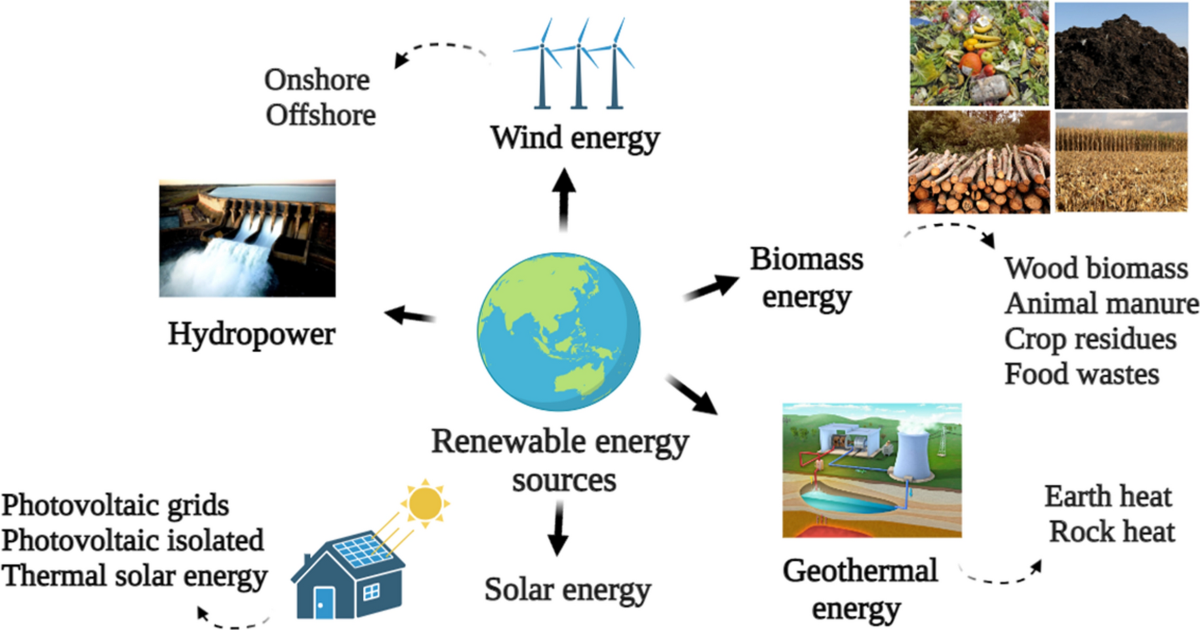In a world where climate change is a pressing issue, the switch to renewable energy sources has become more important than ever. The impact of renewable energy on global carbon emissions cannot be understated, as these clean energy alternatives have the potential to drastically reduce our carbon footprint and mitigate the effects of climate change.
Reducing Dependency on Fossil Fuels
One of the main benefits of renewable energy is that it helps reduce our dependency on fossil fuels. Traditional energy sources such as coal, oil, and natural gas are major contributors to carbon emissions when burned for electricity generation. By transitioning to renewable energy sources like solar, wind, and hydro power, we can significantly decrease our reliance on these polluting fossil fuels and reduce carbon emissions in the process.
Lowering Carbon Footprint
Renewable energy sources produce little to no greenhouse gas emissions during electricity generation, unlike fossil fuels which release large amounts of CO2 and other pollutants into the atmosphere. This means that by increasing the share of renewables in our energy mix, we can effectively lower our carbon footprint and combat global warming. In fact, studies have shown that the widespread adoption of renewable energy could lead to a significant reduction in global carbon emissions over time.
Boosting Economic Growth
The transition to renewable energy not only has environmental benefits, but also economic advantages. The renewable energy sector has been rapidly growing in recent years, creating new jobs and stimulating economic growth in countries around the world. By investing in renewable energy technologies and infrastructure, we can not only reduce carbon emissions, but also create new opportunities for innovation and sustainable development.
Meeting Climate Goals
Many countries have set ambitious climate goals to reduce their carbon emissions and transition to a low-carbon economy. Renewable energy plays a crucial role in achieving these targets, as it offers a clean and sustainable alternative to traditional energy sources. By investing in renewable energy projects and incentivizing their deployment, countries can make significant progress towards their climate goals and help pave the way for a more sustainable future for generations to come.
Conclusion
In conclusion, the impact of renewable energy on global carbon emissions is undeniable. By reducing our dependency on fossil fuels, lowering our carbon footprint, boosting economic growth, and meeting climate goals, renewable energy has the potential to drastically reduce carbon emissions and mitigate the effects of climate change. It is clear that investing in renewable energy is not only a smart choice for our planet, but also for our future prosperity. Let us continue to support and promote renewable energy technologies as we work towards a cleaner and more sustainable world.


